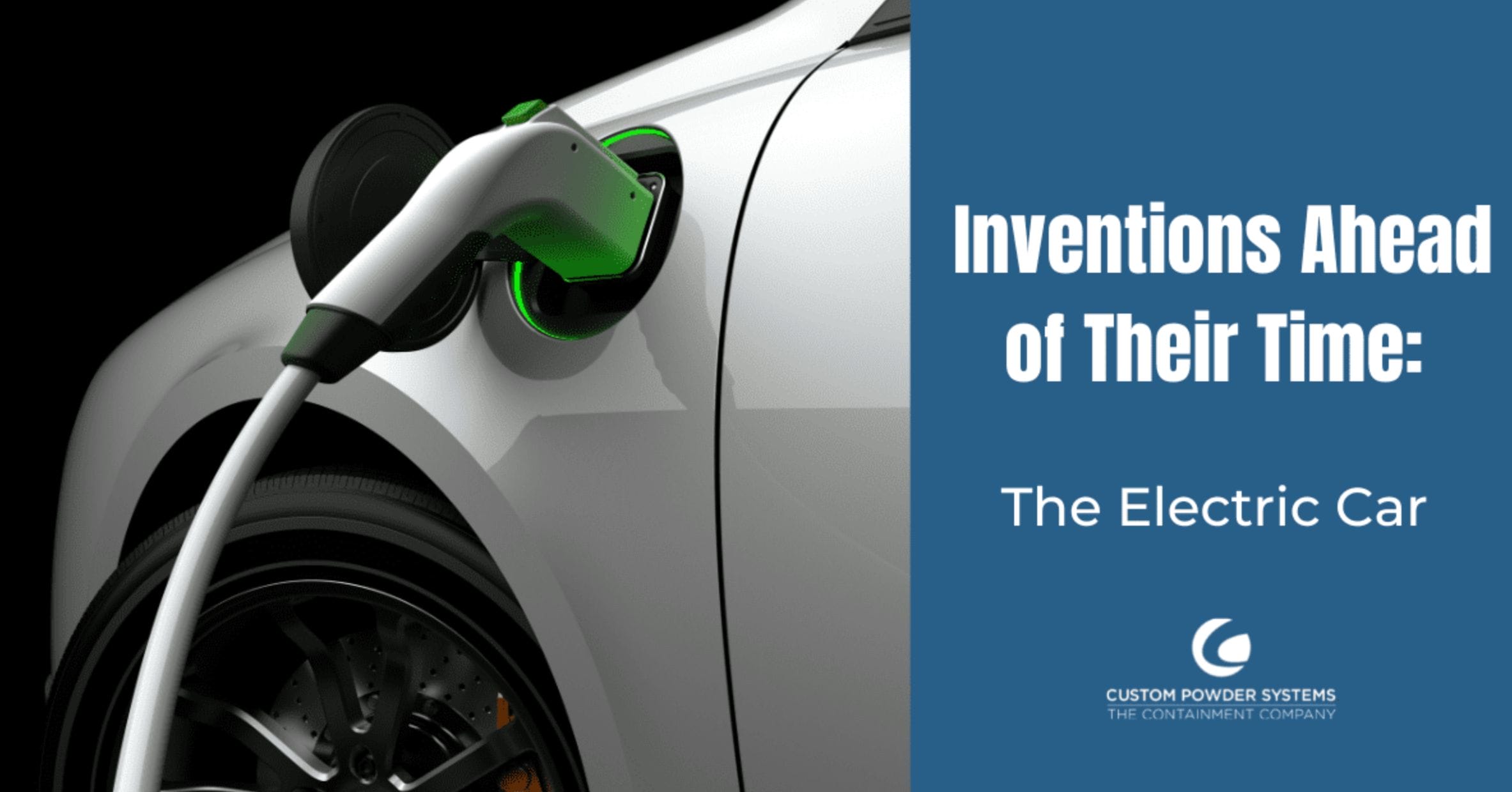With gas prices soaring, many drivers are considering the transition to electric vehicles. While many consider electric cars to be technology from the future, we actually have over two centuries of research and development to thank for this incredible invention.
When people today think of electric cars, most envision sleek, futuristic, technologically-advanced machines. But, did you know the first electric cars were created nearly two hundred years ago? Studying at the origins of this incredible invention can help us understand how far we’ve come and guide us in making continuous improvements.
Batteries Start the Engines
Due to numerous technological advancements that lead to the advent of electric cars, it is difficult to pinpoint an exact time or location where it all began. Inventors in Hungary, the Netherlands, Great Britain, and the United States were experimenting with battery-powered vehicles in the early 1800’s, which led to the creation of the first small-scale electric cars and carriages.
Then, in 1890, chemist William Morrison of Des Moines, Iowa built the first successful electric car. Carrying six passengers, the vehicle’s top speed clocked in at a whopping 14 miles per hour. In the decade that followed, growing interest sparked rapid innovations. At one point, electric cars accounted for over one-third of all vehicles on the road. Charging stations could even be found around city shopping districts.
Combustion On the Move
In the early twentieth century, significant advancements were made to internal-combustion engines, posing a threat to battery-powered vehicles. At the time, however, internal-combustion engines required hand-cranking to start and a fair amount of manual power to drive. Drivers found the electric vehicle’s ease of use far more appealing.
But as the innovations evolved, the price of the gas-powered Ford Model T became less and less expensive. By 1923, vehicles with combustion engines were 10 times cheaper than the battery-powered alternative. Furthermore, the eventual creation of the electric starter eliminated the need for hand-cranking, making operation significantly easier. The combination of these two factors quickly steered shoppers towards more affordable options.
The Road Ahead
By WWII, gasoline-powered vehicles effectively won the technology war and phased out most electric car manufacturers. The discovery of crude oil in Texas and Henry Ford’s mass-production of internal-combustion engines led to lower costs too difficult to rival. But it wasn’t long before the U.S. began relying on foreign sources for imported crude oil. This, along with the call for reduced emissions, once again ignited an interest in electric vehicles in the late twentieth century.
Over the last fifty years, environmental concerns have led to major technological advancements in the electric car industry. Today, there are four main types of electric vehicles: Hybrid, Battery, Plug-In Hybrid, and Extended-Range. As these vehicles become more efficient and less expensive, it becomes increasingly more common to see them on the road.
At CPS, we’re excited to see not only the advancements in transportation technology but the challenges as well. Solving problems is what we do best, and many of life’s most valuable lessons are learned from past mistakes. If you’d like to see your idea come to life, let us know how we can help! Just imagine what your invention will look like two hundred years from now!
To learn more about Custom Powder Systems and the art of engineering, sign up for our newsletter.







